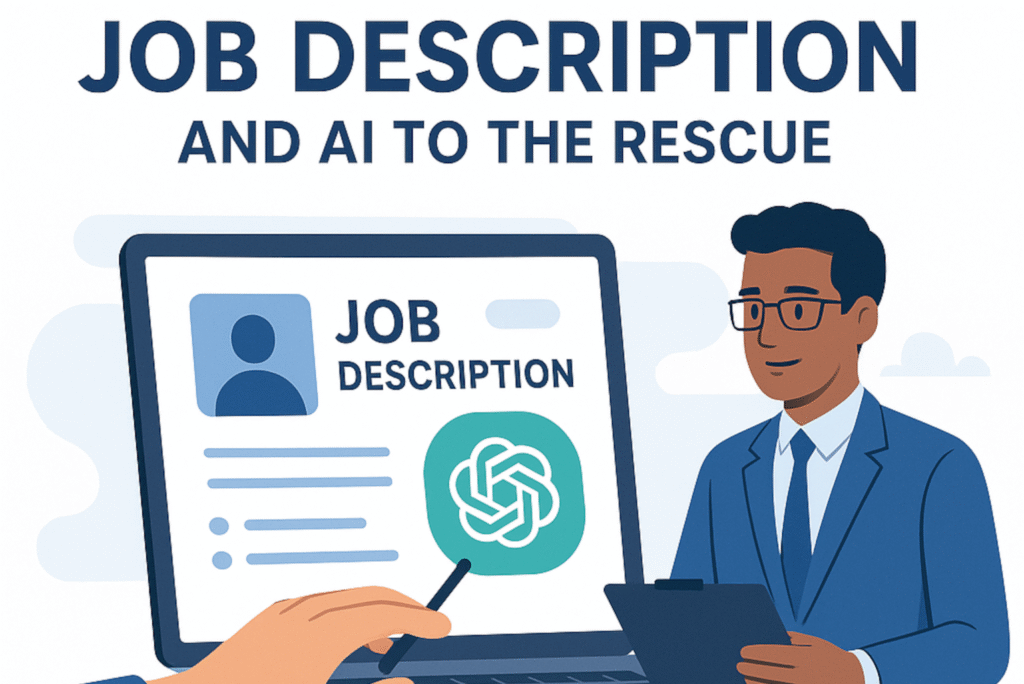How Artificial Intelligence in Recruiting Is Transforming Hiring
Artificial Intelligence in recruiting is reshaping the hiring landscape. From identifying top candidates to automating interview scheduling, AI-driven tools are helping recruiters streamline their workflows and make smarter decisions. While the technology offers impressive advantages, it also introduces questions around fairness, privacy, and the importance of human involvement.

This article explores how Artificial Intelligence is used in recruiting today, what generative AI adds to the process, the key benefits and challenges, and the best practices recruiters should follow. There is really no
How Artificial Intelligence in Recruiting Works
Artificial Intelligence in recruiting supports many stages of the hiring process. Here are some of the primary ways it’s applied:
1. Sourcing Candidates
AI-powered recruiting tools scan job boards, social media platforms, and resume databases to identify potential candidates. These systems analyze keywords, skills, and experience to match individuals with suitable job openings.
2. Resume Screening
Instead of manually reviewing every application, recruiters use AI to filter resumes. AI evaluates job history, skills, and qualifications to shortlist candidates who best match the role.
3. Candidate Engagement via Chatbots
AI chatbots assist candidates by answering FAQs, guiding them through the application process, and even conducting preliminary screenings. This improves response times and reduces recruiter workload.
4. Automating Interview Scheduling
AI tools can coordinate calendars and send out interview invites, minimizing the time spent on back-and-forth scheduling.
The Role of Generative AI in Recruiting
Generative AI, like ChatGPT, introduces content creation capabilities into recruiting processes. Here are a few ways recruiters benefit:
- Crafting Job Descriptions: Recruiters can input key details, and generative AI drafts polished job ads.
- Personalized Outreach: AI generates customized outreach messages to engage passive candidates.
- Resume Summarization: Long resumes can be condensed into concise summaries for hiring managers.
- Interview Preparation: AI can create tailored interview questions based on job roles or resumes.
Some advanced AI chatbots now use generative AI to hold natural, conversational interactions, making the candidate experience more engaging.
Key Benefits of Artificial Intelligence in Recruiting
Increased Efficiency
AI automates time-consuming tasks such as resume screening and interview scheduling, freeing up recruiters to focus on strategic work.
Cost Savings
Automating parts of the recruitment process helps reduce the cost-per-hire.
Improved Candidate Matching
By analyzing experience, skills, and historical data, AI matches candidates more accurately to roles.
Enhanced Candidate Experience
Chatbots and instant updates ensure candidates stay informed and engaged throughout the process.
Empowering Small Teams
Smaller recruiting teams can handle larger volumes efficiently with AI tools.
Challenges and Risks of AI in Recruiting
Algorithmic Bias
AI learns from existing data, which may include biases. This can result in unfair hiring practices if not carefully managed.
Opacity in Decision-Making
AI systems can be difficult to interpret. Candidates and recruiters might not understand how decisions are made.
Over-Automation
Excessive reliance on AI can lead to impersonal candidate interactions. Maintaining human contact is essential.
Data Privacy Concerns
Recruiting involves sensitive data. Organizations must comply with privacy regulations like GDPR and ensure secure data handling.
Limited Use for Complex Roles
AI excels in high-volume hiring. For niche or senior positions, human judgment remains critical.
Global Regulations on AI in Recruiting
Different regions have specific legal guidelines for using AI in hiring:
- EU (GDPR): Candidates must be informed when AI is used and can request human review.
- US (EEOC): Employers must ensure AI tools don’t result in discriminatory practices.
- Local Regulations: Some jurisdictions (e.g., New York City) have introduced local laws governing AI use in recruitment.
Even where regulations are less strict, transparency fosters candidate trust.
Best Practices for Using AI in Recruiting
- Use AI as a support tool. Human recruiters should make final decisions.
- Audit for bias. Regularly evaluate tools for potential discrimination.
- Be transparent. Inform candidates when AI is part of the process.
- Maintain human interaction. Use AI to assist, not replace, human touchpoints.
- Pilot before scaling. Start by applying AI to one task (e.g., screening) before expanding its role.
Conclusion
Artificial Intelligence in recruiting offers significant advantages in speed, efficiency, and scalability. For small and mid-sized businesses, it provides capabilities that rival larger organizations. However, ethical use and a balanced approach are essential.
AI is no longer an optional tool—it’s already embedded in most applicant tracking systems (ATS) and candidate relationship management (CRM) products. As such, there is no escaping its presence in modern recruiting. The key lies in using it responsibly and transparently.
By understanding the opportunities and challenges, and implementing best practices, recruiters can harness the power of AI while preserving the human elements that make hiring meaningful.


